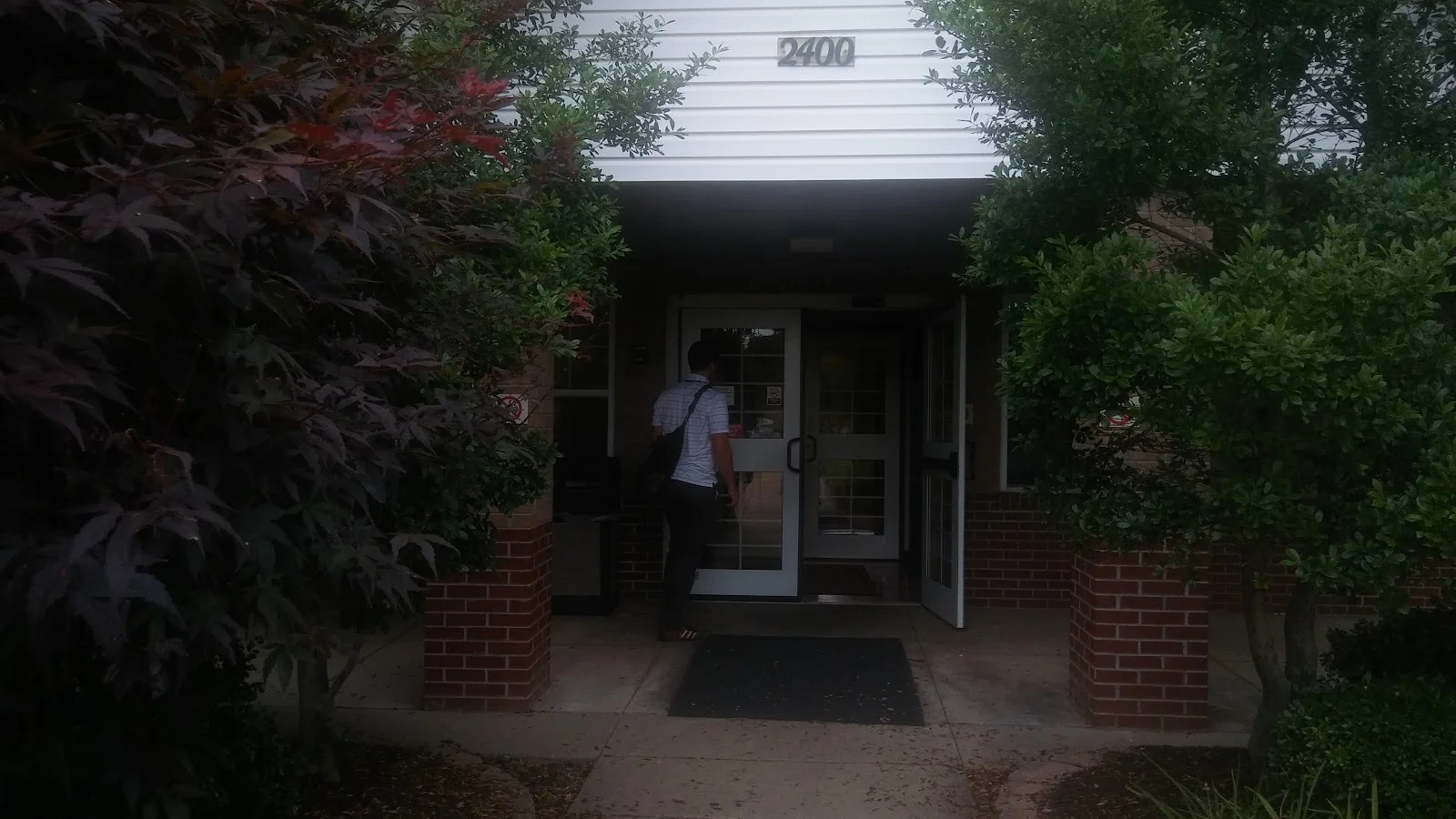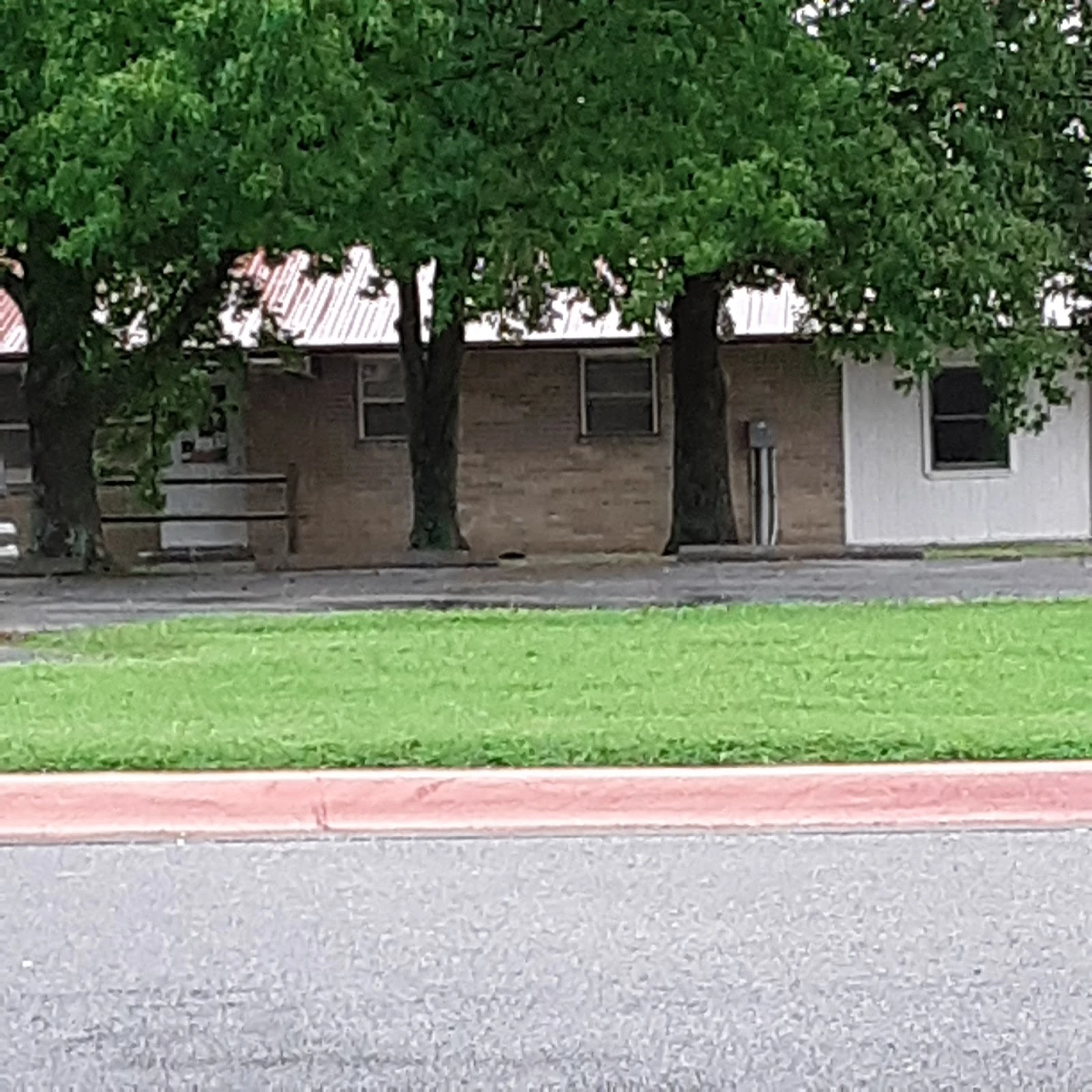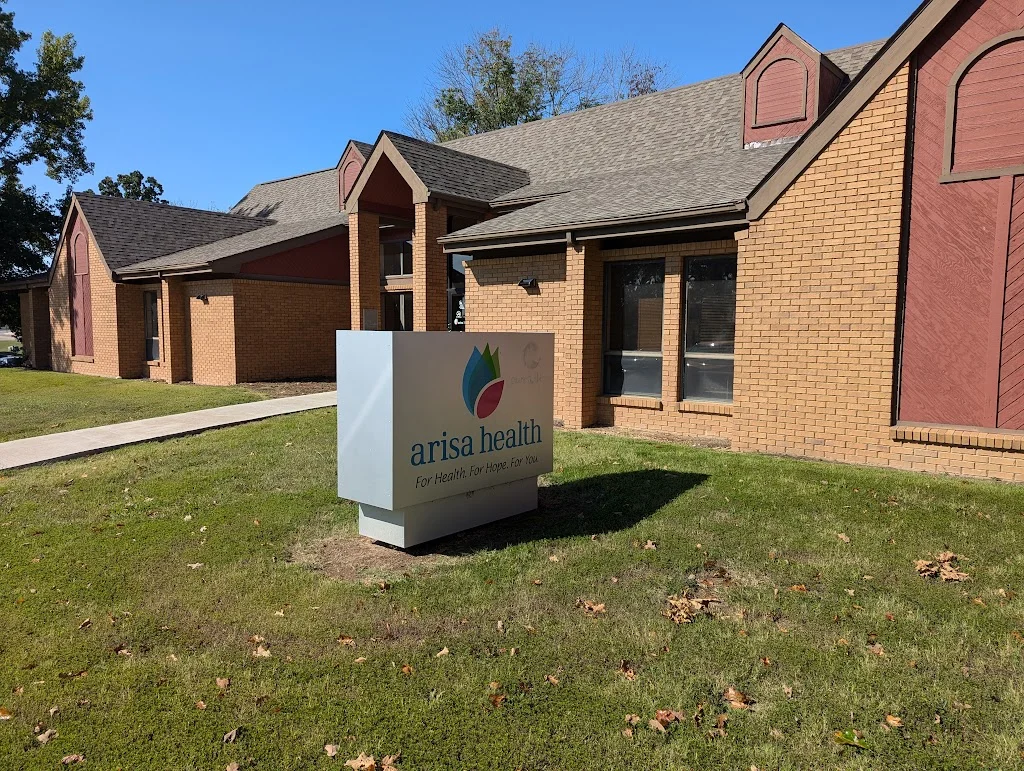Ozark Guidance Center is a non-profit behavioral health center with CARF accreditation that is well-known for its commitment to provide excellent, reasonably priced mental health and drug misuse treatment services. It is situated in Bentonville, Arkansas. Ozark Guidance provides support to people and children dealing with mental health issues and drug abuse problems, with a strong emphasis on enhancing the well-being of individuals and families. The center has been an essential component of the community since its founding in 1970, providing assistance to citizens in Washington, Benton, Madison, Carroll, Baxter, Boone, Marion, and Newton Counties.
The facility provides thorough examinations, medication management, individual and group therapy, and outpatient treatment for drug dependence. They address behavioral disorders that might interfere with day-to-day living and provide specialized treatment for anger management and domestic violence. With this all-encompassing approach, clients are guaranteed individualized care from certified specialists committed to long-term rehabilitation and enhanced mental health.
In addition, Ozark Guidance offers information and assistance to those who are coping with drug abuse issues in addition to mental health issues including stress, despair, and anxiety. The center also provides victim impact programs and drug and alcohol safety education, with a focus on those convicted of DWI/DUI, public drunkenness, and minors in possession of alcohol. In an effort to break the cycle of recidivism, these programs place a strong emphasis on treating underlying drug use disorders and working to stop future crimes.
One of Ozark Guidance's distinctive features is its multidisciplinary team of certified experts from several disciplines that work together to provide individualized care, guaranteeing that clients get the best possible care for their particular requirements. The center's goal is to empower people by giving them the resources and direction they need to overcome environmental or biological barriers and improve their capacity to lead happy, full lives.
Ozark Guidance embraces diversity and inclusion in its care and provides services to all customers without prejudice. Regardless of color, creed, religion, gender identity, age, handicap, national origin, sexual orientation, or capacity to pay, they gladly provide their services (even those that are covered by Medicare, Medicaid, or CHIP (AR Kids)). Their dedication to providing compassionate, easily accessible treatment highlights their importance as a community resource for mental health.
Arisa Health - Ozark Guidance Center Information
Treatment
Who We Treat
- Children
- Teens / Adolescents
- Adolescents
- Male and Female
Treatment Focus
- Anxiety
- Depression
- Drug Addiction
- Opioids
- Alcohol
Approaches
- 12-Step-Based
- Individual Treatment
- Evidence-Based
- Twelve Step
- Family Therapy
- Group Therapy
- Trauma Informed
- Cognitive Behavioral Therapy (CBT)
- Motivational Interviewing
- 1-on-1 Counseling
- Life Skills Training
- Relapse Prevention Counseling
Conditions We Treat
- Depression
- Anxiety
- Trauma
- Anger
- Co-Occurring Disorders
Substances We Treat
- Alcohol
- Prescription Drugs
- Chronic Relapse
- Heroin
- Opioids
- Cocaine
- Synthetic Stimulants (Bath Salts)
- Synthetic Drugs
Languages
- English
Aftercare
- Discharge Planning
- Continuing Care
Level of Care
- Outpatient
- Aftercare/Continuing Care
Experience
Personal Amenities
- Air-Conditioned Rooms
Accreditations
-
State mental health department
State mental health department accreditation refers to the process of evaluating and certifying the quality and standards of a state's mental health department, ensuring that it provides high-quality services and meets specific criteria for mental health care. The accreditation process is performed by a third-party organization and helps to improve the overall care and treatment of individuals with mental health conditions.
-
Commission on Accreditation of Rehabilitation Facilities (CARF)
CARF accreditation is a prestigious recognition for organizations in rehabilitation and human services. It signifies that an organization meets rigorous quality standards and is committed to providing top-notch care. Achieving CARF accreditation involves a thorough evaluation process, including on-site surveys, to ensure excellence in programs and services. This accreditation boosts an organization's credibility, assures clients and funders of quality, and promotes ongoing improvement in the field of rehabilitation and human services.

Additional Locations
Arisa Health - Ozark Guidance Center Accepts The Following Insurance Plans
Find the best treatment options. Call our free and confidential helpline today!








